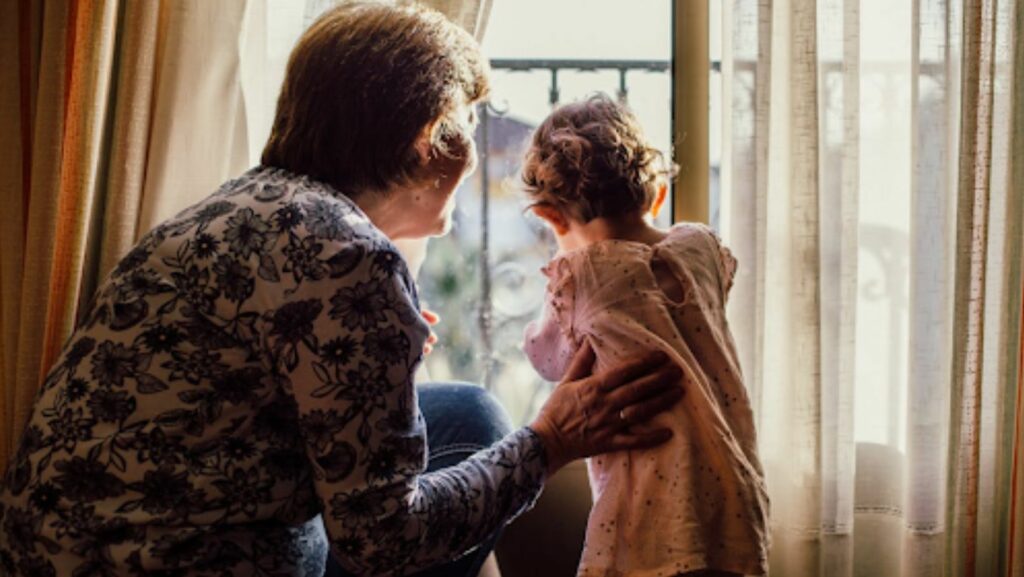Ever get confused about Guardianship vs Custody?
Every year, US family courts see 290,000 guardianship cases. That’s a lot of legal matters. But here’s the kicker… Most people have no clue what the heck that means.
Look, I get it. Families in crisis turn to the legal system for solutions with children or incapacitated adults, and the terms get thrown around interchangeably. But that’s expensive legal error that effects everything from who makes decisions for a child to who pays for their medical care.
Professional family law representation makes all the difference in these complex situations. Custody vs. guardianship are different legal arrangements with important distinctions. Know them and save time, money, and a whole lot of stress.
In This Article, We’ll Cover:
- Definitions for guardianship vs custody (with legal terms)
- When to consider legal custody or guardianship
- Which rights and responsibilities go with each?
- Key differences in the legal process
- Mistakes people make with family law
- How to know which one is right for your situation
What Is Custody? What Is Guardianship?
Want to know the main difference between custody and guardianship?
It’s all about biological parents vs someone else.
Custody concerns parents and their own children. When biological parents divorce or separate, they need a custody order to determine where the child lives and who makes decisions.
Guardianship is different. Guardians are people other than a biological parent who care for a child (or incapacitated adult). It’s the “next best” option for who can make decisions.
Easy right? Two types of legal arrangements for when parents can’t care for their child.
Wait… but there are TWO TYPES of custody you need to know about!
- Physical custody – where the child lives, who they live with
- Legal custody – who makes major decisions about health care, education, activities, upbringing, etc.
Guardianship is similar to legal custody in that a guardian has the right to make decisions. But the guardian does not have automatic physical custody of the person for whom they are guardian.
When Is Custody Granted?
Good question! Custody only applies in certain situations.
The most common? Parents that are divorcing or separating. Married parents that split up need custody orders for their children to know where they live and who has decision-making authority.
Did you know? About 90% of custody cases are resolved outside of court. That’s right, most custody cases never even go to trial.
And here’s another interesting custody fact…
79.9% of custodial parents are mothers. Fathers make up around 20% of custodial parents, which has increased from 1994 when it was only 16%.
Custody cases also occur when unmarried parents establish legal responsibilities, one parent wants to relocate with the child, parents can’t agree who has decision-making authority, or when parents want to change existing custody orders.
Key point? Custody is about parents making decisions for their own children.
When Is Guardianship Necessary?
Guardianship comes into play when parents can’t (or shouldn’t) be making decisions…
For children, guardianship might be needed if both parents die unexpectedly, parents are incapacitated from illness or injury, or both parents are unfit (due to abuse, neglect, or addiction), or extended incarceration.

For adults, guardianship applies if an elderly person develops dementia or cognitive decline, a traumatic brain injury (TBI), or adults with developmental disabilities need support in decision-making, or mental illness prevents someone from making their own choices.
Something else you might not know…
Experts estimate there are 1.5 million adults under active guardianship in the United States. A lot of people have had their legal rights to make decisions taken away by guardians.
Legal Rights & Responsibilities: Which Are Different?
The rights and responsibilities for custody vs guardianship are… weirdly different…
Custody Rights Include:
- Making medical decisions for the child
- Choosing educational options and schools
- Managing the child’s daily schedule and activities
Guardianship Rights Include:
- Making financial decisions for the ward
- Managing medical care and treatment decisions
- Filing reports with the court
Key difference? Custodial parents have these rights automatically as biological parents, while guardians receive rights from the court and must report to the court on a regular basis.
The Legal Process: How Is Each Done?
Getting custody and guardianship are different legal processes, literally.
The custody process: File a petition with the family court, serve the other parent, attend mediation (sometimes required), present evidence at court about what is in the child’s best interests, and receive the custody order.
Custody cases usually take a few months to complete, with most custody cases settled by parents reaching agreement. That 90% stat I mentioned? Parents mostly come to agreements and never need a judge to make a ruling.
The guardianship process: File a petition for guardianship with evidence as to why it’s needed, provide medical evaluations, serve all interested parties, attend court hearing, and submit to court supervision.
Guardianship cases take longer and require more proof (you have to prove the person can’t make decisions for themselves). It’s a much more involved legal process.
Financial Responsibilities: Who Pays For What?
Money matters add another level of complexity to custody vs guardianship…
Custody: Child support payments (paid by noncustodial parent to custodial parent), parents share healthcare and education costs, tax deductions for the custodial parent.
Guardianship: Guardian may or may not receive payment for services, ward’s assets must be used for their benefit, detailed financial reporting to court.
Bottom line? Guardians have much more financial oversight and reporting than parents.
Common Mistakes People Make
Annoying right? But here are the biggest mistakes families make with custody vs guardianship laws…
Mistake #1: Guardianship is the same as custody. No. Guardianship is more restrictive.
Mistake #2: Grandparents automatically get custody if the parents die. No. Grandparents need a separate guardianship petition.
Mistake #3: Failure to seek legal advice before filing. Wrong move. Custody and guardianship are serious legal actions. Don’t make expensive mistakes by not getting legal help up front.
Which Is The Ideal Option For My Situation?
Okay, how do you know which one to pursue when you need to make legal arrangements for a child or incapacitated adult?
Choose legal custody if you’re dealing with divorce or separation, both parents are living and need to establish an arrangement, or you want to modify existing agreements about a child.
Choose legal guardianship if the parents are deceased, incapacitated, or unfit, an adult needs decision-making assistance, or you need temporary care arrangements.
Bottom line? It’s not up to you to pick between the two. The law determines which situation applies to your specific circumstances.
Need Legal Help With Family Law Matters?
The last thing you need is more confusion from a lawyer that acts like an ivory tower legal expert. We’re approachable and keep it real with legal advice.
As family lawyers, we understand that custody vs guardianship concerns real families in difficult emotional times: divorce, death, illness, family crisis, or other family needs.
Remember these points:
- Custody is for biological parents making decisions for their children. Guardianship is for someone other than a parent.
- Guardianship has much more court oversight and reporting requirements than custody.
- Financial responsibilities are NOT the same for custody and guardianship.
- Work with a professional family law firm to avoid making costly mistakes.
Conclusion
Family law matters are no joke, especially when they involve the welfare of a child or incapacitated adult.
290,000 guardianship cases plus over a million decisions a year by judges in US courts on custody matters. That’s a lot of parents, kids, and families in crisis.
Don’t make those expensive legal errors of assuming custody is the same as guardianship. Know the differences.
With a little research and guidance from a professional law firm, make the right legal arrangements for children or incapacitated adults and save time, money, and stress.

